People from the theatre world have reacted differently to the proposed guidelines on how to tackle nudity – while some say the sector is taking a step towards self-regulation, others warn that the guidelines could automatically serve as a form of censure. The strongest reaction to nude scenes came from veteran theatre director Mario Azzopardi who believes that the acting community is “putting the cart before the horse” because, before drawing up guidelines on nudity it should first become truly professional.
The Association of Performing Arts Practitioners put forward a number of recommendations to serve as guidelines a few days after veteran actor John Suda was charged with committing violent indecent assault on a young actress during a one-to-one training session. The court was told how Mr Suda, 64, allegedly put the woman’s hand on his genitals after the two had stripped down naked. Mr Suda maintains that the session was consensual and that he stopped the session when the woman burst into tears.
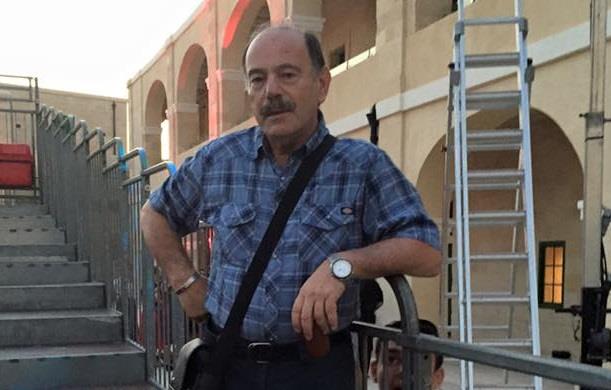
APAP said on Monday that performers should not be required to be nude during auditions unless they have signed an informed consent form and an agreed-upon observer is present. Performers should also be informed about the nature and extent of any nudity or sex acts in a production before being engaged and should only be seen naked for the purpose of the filmed or staged scene, not for most of the rehearsal period. Nude or sex scenes should be treated like choreography and planned and negotiated with the performer. A third party should always be present during nude scenes and performers should always be provided with a safe exit.
When contacted yesterday, Mr Suda said he could not comment on the APAP recommendations since he had not followed the latest developments.
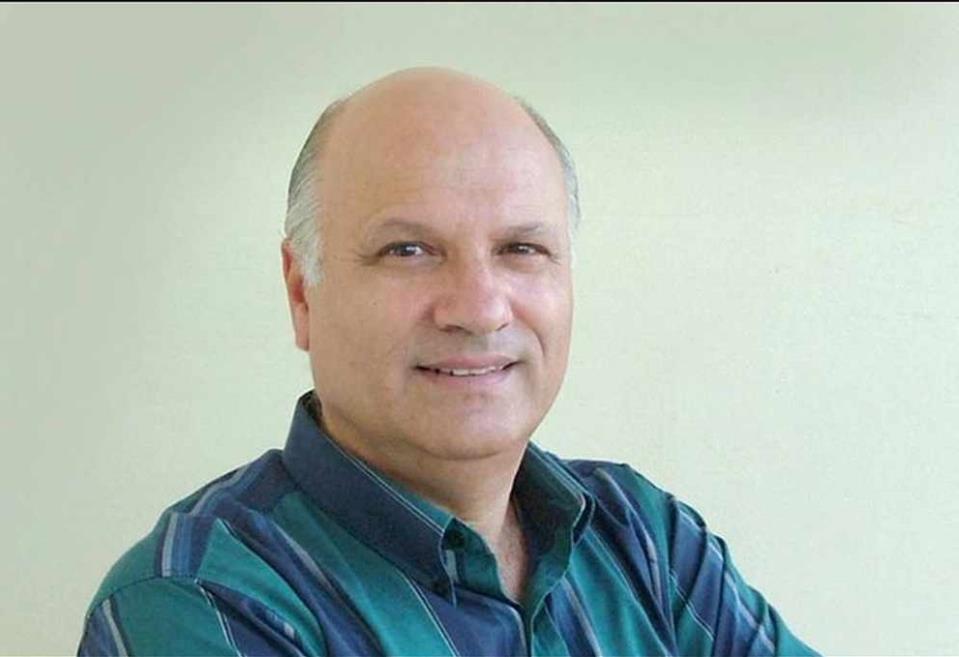
‘Nudity only if absolutely required’ – Trevor Zahra
Popular author and playwright yesterday told The Malta Independent that he could not comment specifically on these guidelines because he had not yet followed the outcome of the APAP meeting. However he agreed to give a reaction to the situation in general. The author of ‘Minn wara z-zipp’ said: “I have no problem with scenes of nudity or obscene language but only if they are absolutely required. It annoys me when nudity and obscenity is used as just a gimmick to shock or to attract an audience.
There are times when this even happens in novels but the unnecessary obscenities add nothing to the story or to the character. It is simply used because it goes down well with some people. It also happens frequently in cinema, such as with the inclusion of unrelated and unnecessary sex scenes. What do they add to the production? Do they show us another side to one of the characters? I have no objection if they do.”
Mr Zahra warned that guidelines could prove difficult in that they could end up serving as a form of automatic censure. He also insisted that apart from rating the plays, producers should also tell the audience in clear terms what to expect in the production.
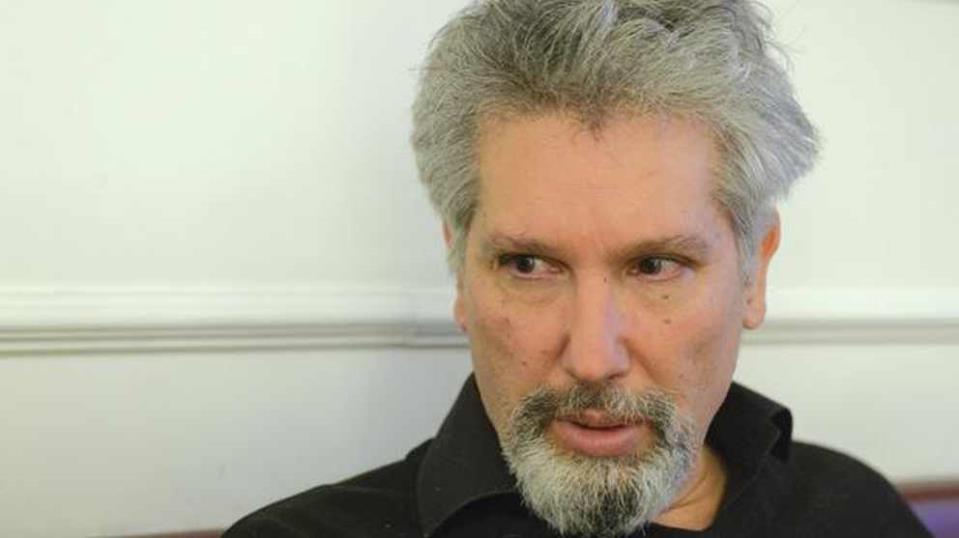
‘We are drafting best practices for the industry’ – Chris Gatt
Theatre director Chris Gatt, of Stitching fame, was part of the group pushing the guidelines forward. “We put them out because we thought they were necessary. These are guidelines and they are basically a response to what happened. That is why we had a public meeting, to get consensus on best practices in that kind of situation. They are there to be used and developed as things go along because we believe in self-regulation.”
Mr Gatt said the guidelines would also give newcomers to the theatre scene the possibility of knowing what the norm was. “There is a kind of misunderstanding of how certain things need to be handled. Some said they did not realise they needed to be naked in an audition. 99.9% of the time this is not necessary. O the other hand there could be request, particularly in the film industry, in which case the audition may include a request for nudity and therefore we put guidelines on how this should be tackled. They are based on the international norms. They are not law but to act as a guideline, as a form of best practice.”
The theatre director said APAP was already working on guidelines on other issues, including the issuance of contracts to people in the industry. “These are also important issues that help protect people in the industry. It does not just affect actors. It would help, for example, directors who have lost money after their leading actors pulled out for no valid reason. We should also be looking at coaching and standards for drama and dance schools.
We are creating best practice guidelines in the field of the performing arts. We are reaching out to everyone, including theatre companies, TV stations and casting agents to come forward with proposals. All this should help us reach a more professional level.”
Mr Gatt says there are plans to turn the ad-hoc committee into a proper one. “We hope to build up our membership in advance of elections to have a proper committee by the end of November. Our members are mainly actors (English speaking ones at that) but we need people from other sectors, including TV, film, dance and music. Not just actors but also backstage and technical people.”
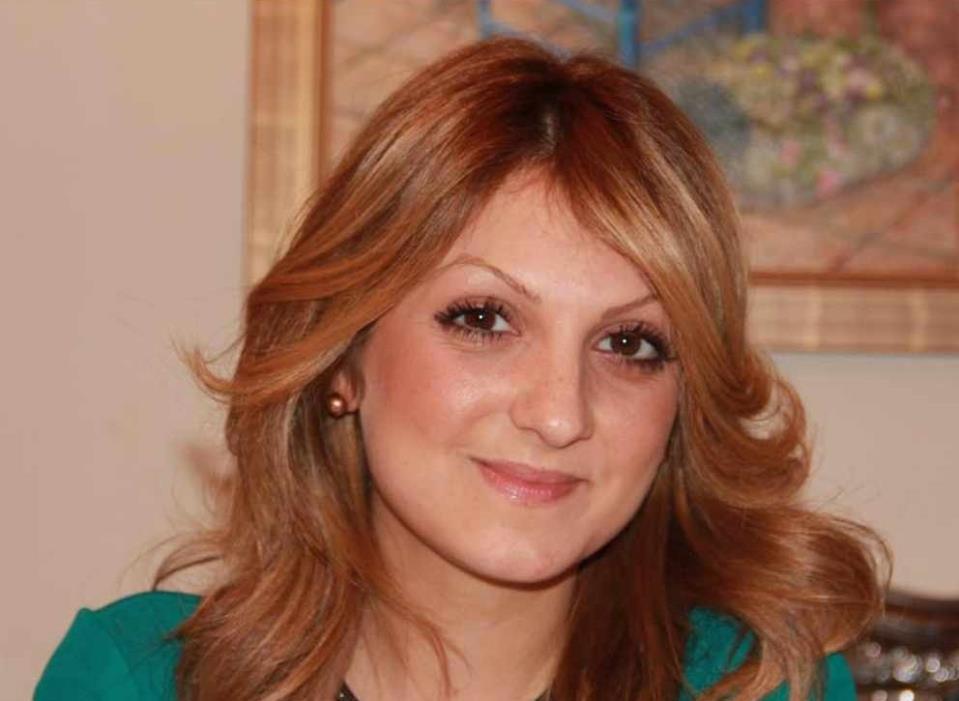
Producers should be willing to compromise – Lara Cuschieri
Actress Lara Cuschieri, best known for her role as Rose in ic-Caqqufa, says actors rarely find themselves alone with a director in an audition. “When auditions are carried out, there are usually a number of people in a room. Further to that when the scene is being filmed the cast is also present with the crew, therefore it is a rare occasion that the actor finds himself alone with the director for an audition. In my opinion every individual is mature enough to say no to any scenes they might not be comfortable with. Other than that, the production house may be able to compromise with the actors if they are fit for the role but feel uncomfortable doing certain scenes. It is also easy to cheat using camera work and anytime when an actor may appear naked it does not mean that they were undressed during filming.”
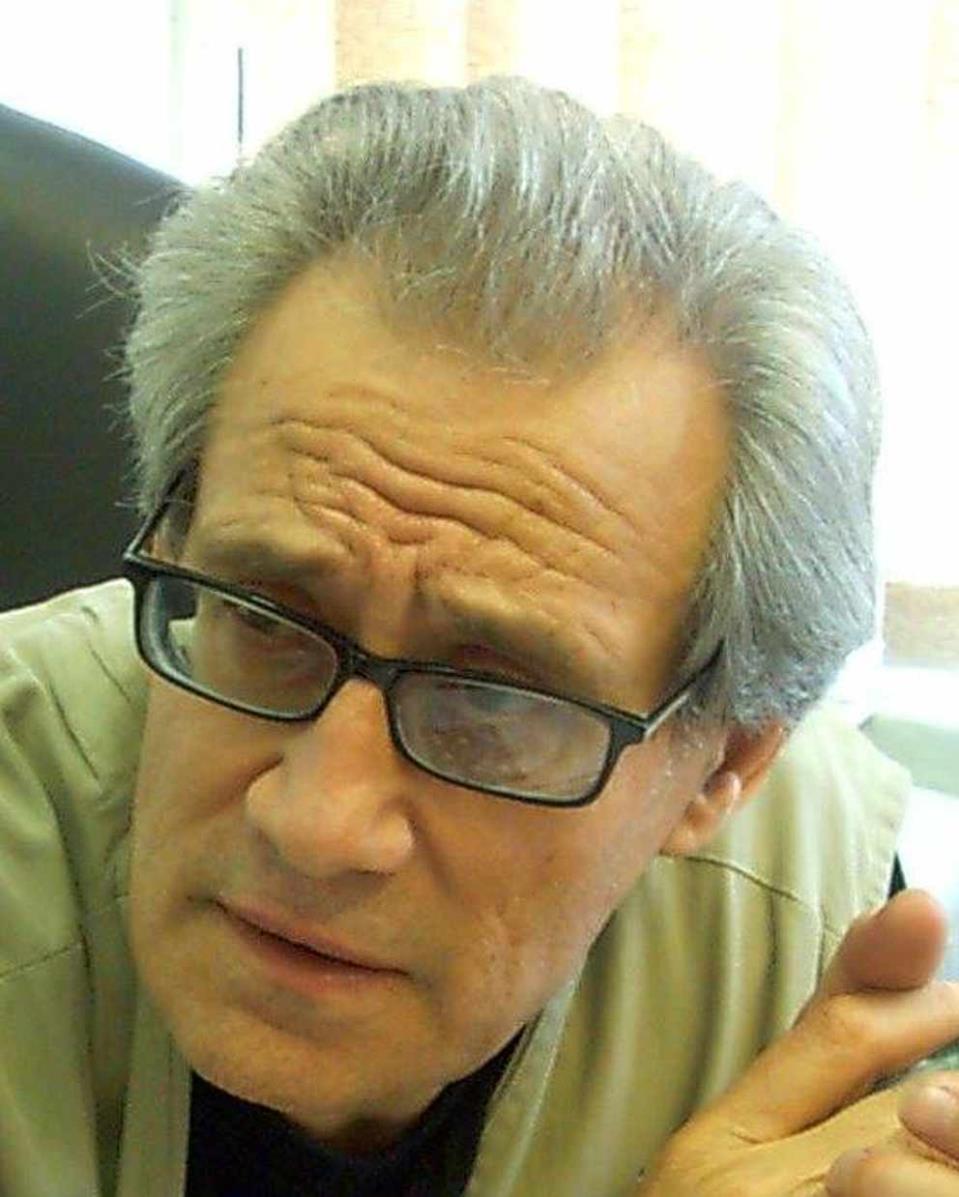
‘One-to-one training sessions unheard of in the professional world’ – Mario Azzopardi
The comments given to this newsroom by veteran theatre director Mario Azzopardi will probably upset several in the field of drama. “We are putting the cart before the horse because we are not professional actors in Malta. What I have seen so far seems to be a cut and paste from foreign universities and professional drama institutions. I think we are living an illusion, trying to put on shoes that do not fit,” he said, when asked for a reaction to the APAP guidelines.
“We are not prepared for nudity in theatre. We are not there yet. Those who are pushing these things forward are not in a position to do so. I have no scruples about nude scenes but these are the facts.”
Mr Azzopardi also raised questions about the proposed consent form. “Who would we be protecting with a consent form, the student or the teacher?” He also insisted that one-to-one rehearsals are unheard of in the professional world. “In the recent case the actor in question took it upon himself to decide what to do. He should have had permission from the school directors. In professional institutions it is not the director of the play that decides whether there should be a nude scene but the school directors.”
Mr Azzopari says that in nine years leading the state drama school he never had to insert a nude scene in any of the plays. “When, on one occasion we needed to do a semi-nude scene we did that part abroad. On another occasion a female actress who had a nude part but did not wish to be naked on stage was put behind a Perspex screen and had a water shower on her to blur the image.”
He argues that the fact that actors and theatre workers in Malta are not unionized is further proof that theatre has not yet reached a professional level in Malta. “Also, the fact that our theatres have become commercially inclined does not make them professional.”